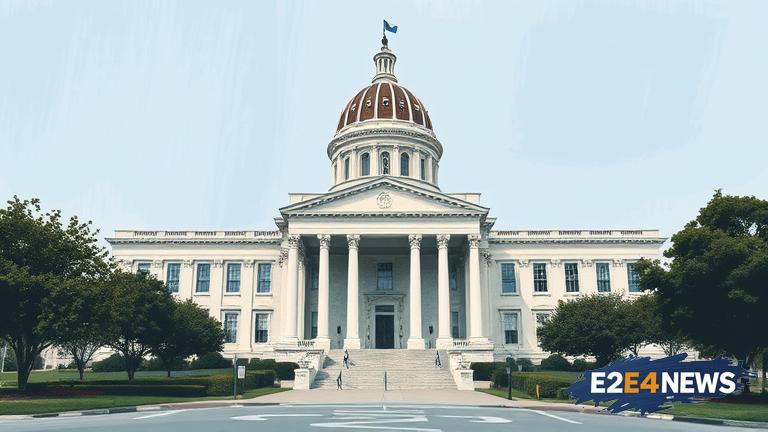The Texas Senate has recently passed a bill that aims to restrict local governments from hiring outside lobbyists to influence state legislation. This move has sparked controversy and debate among lawmakers and local government officials. The bill, which was passed with a significant majority, seeks to prevent cities and counties from using taxpayer dollars to hire lobbyists who would advocate on their behalf in the state legislature. Proponents of the bill argue that it is necessary to prevent the undue influence of special interest groups and to ensure that local governments are not using public funds to lobby for their own interests. On the other hand, opponents of the bill claim that it would limit the ability of local governments to effectively advocate for their constituents and would give too much power to state lawmakers. The city of Dallas, in particular, has been vocal in its opposition to the bill, arguing that it would hinder its ability to influence state legislation that affects its residents. The bill’s passage has also raised concerns about the potential impact on other local governments in Texas, which may also rely on outside lobbyists to advocate for their interests. Despite these concerns, the bill’s supporters argue that it is a necessary step to increase transparency and accountability in government. The bill will now move to the Texas House of Representatives, where it is expected to face further debate and scrutiny. If passed, the bill would go into effect immediately, prohibiting local governments from hiring outside lobbyists. The move has been seen as part of a larger effort by state lawmakers to assert their authority over local governments and to limit their ability to influence state policy. Local government officials have expressed concerns that the bill would undermine their ability to effectively represent their constituents and would give too much power to state lawmakers. The bill’s passage has also sparked concerns about the potential impact on the state’s economy, as local governments may be forced to rely on in-house staff to lobby for their interests. This could lead to increased costs and a reduction in the effectiveness of local government advocacy. Furthermore, the bill has raised questions about the role of lobbyists in the state legislature and whether they have too much influence over policy decisions. The bill’s supporters argue that it is necessary to prevent the undue influence of special interest groups and to ensure that local governments are not using public funds to lobby for their own interests. However, opponents of the bill claim that it would have unintended consequences and would limit the ability of local governments to effectively advocate for their constituents. The debate over the bill has highlighted the complex and often contentious relationship between state and local governments in Texas. As the bill moves to the Texas House of Representatives, it is likely to face further scrutiny and debate. The outcome of the bill’s passage is uncertain, but it is clear that it has sparked a significant and far-reaching debate about the role of local governments in Texas and their ability to influence state policy. The city of Dallas and other local governments will be watching the bill’s progress closely, as it has the potential to significantly impact their ability to advocate for their constituents. In addition, the bill’s passage has raised concerns about the potential impact on the state’s budget, as local governments may be forced to rely on in-house staff to lobby for their interests. This could lead to increased costs and a reduction in the effectiveness of local government advocacy. The bill’s supporters argue that it is necessary to prevent the undue influence of special interest groups and to ensure that local governments are not using public funds to lobby for their own interests. However, opponents of the bill claim that it would have unintended consequences and would limit the ability of local governments to effectively advocate for their constituents. The debate over the bill has highlighted the complex and often contentious relationship between state and local governments in Texas. The bill’s passage has also raised questions about the role of lobbyists in the state legislature and whether they have too much influence over policy decisions. The bill’s supporters argue that it is necessary to prevent the undue influence of special interest groups and to ensure that local governments are not using public funds to lobby for their own interests. However, opponents of the bill claim that it would have unintended consequences and would limit the ability of local governments to effectively advocate for their constituents. The outcome of the bill’s passage is uncertain, but it is clear that it has sparked a significant and far-reaching debate about the role of local governments in Texas and their ability to influence state policy.
